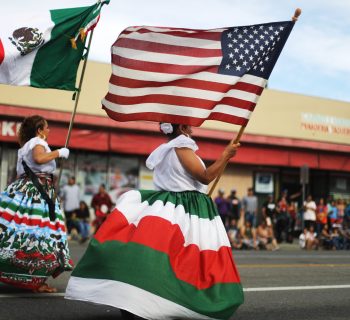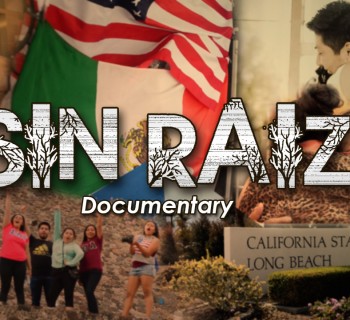- Total of 14.99 million surpassed number of white people in 2014
- California joins Hawaii and New Mexico as state without a white plurality
The United States Census Bureau has confirmed that the long-expected milestone happened in the first half of 2014, underscoring a wider Latino demographic surge across the US.
According to census figures released last month, California’s Latinos numbered 14.99 million by July 1 2014, putting them ahead of the state’s 14.92 million non-Hispanic whites.
It makes California the first big state, and the third overall after Hawaii and New Mexico, without a white plurality. California is expected to have a Latino majority by 2060.
From 2013 to 2014 the nation’s Latino population grew by 1.2 million to 55.4 million, a boom attributable mainly to high birth rates and partly to immigration.
Texas’s Latino population grew by 228,000, putting the lone star state on track to probably be the next to have a Latino plurality by the end of the decade.
Latinos have outnumbered whites in New Mexico since 2003. They now comprise 47.7% of the state’s population.
Demographers originally expected California to reach its milestone in 2013, or even earlier, but slowing birth rates delayed the date.
“Los Angeles had the largest Hispanic population of any county (4.9 million) in 2014 while Harris, Texas, had the largest numeric increase since 2013 (45,000),” said a census press release. Starr – on the Mexican border in Texas – had the highest share of Hispanics (95.8%).
The figures followed a report last week that the US is now the world’s second-largest Spanish-speaking country after Mexico. It has 41 million native Spanish speakers and 11.6 million who are bilingual – more than Colombia or Spain – and is on course to be the world’s biggest Spanish-speaking country, with Spanish the mother tongue of almost a third of its citizens.
The Latino population is expected to grow from 17.4% of the US population to 30% by 2060. Demographic ascendance is producing a burgeoning ethnic voting bloc nationwide. The Latino electorate, which cast ballots in record numbers in the 2012 presidential election, is expected to double within a generation.
A business-led backlash against Donald Trump over his disparaging remarks about Mexican immigrants has underlined a sense of surging Hispanic power.
Even so, the so-called “browning of America”, a phenomenon trumpeted for decades, has yielded uneven results for the Latino community. Its political clout lags at the local, state and national levels, a reflection, analysts say, of enduring economic, organisational and structural weakness.






